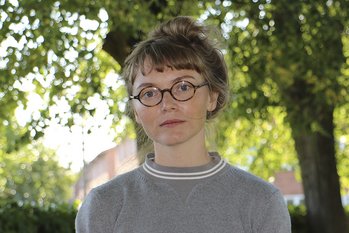Becoming a valuable academic in the global knowledge economy: Gender and class perspectives on the “ideal academic”
Institutional Ethnography
The objectives of this project are two-fold - yet at the same time strongly connected. The first objective is to explore and further develop a reflexive Institutional Ethnography; including more careful consideration of friendship and emotions in ethnographic knowledge production. Institutional Ethnography is a feminist sociological method of inquiry first developed by Dorothy Smith. Drawing on a rather controversial reading of Marx’s epistemology, symbolic interactionism, ethnomethodology, the Marxist philosophy of language, feminist theorizing and social phenomenology Smith provided tools and meta-concepts by which one can unpack and challenge conceptual, theoretical, methodological and institutional forms of objectification in the social sciences and beyond.
By starting from a specific subject position, that of junior female academics, within the social relations of changing academia I can begin to map how the translocal political and institutional processes shape (and are in turn shaped by) local cultures and ways of knowing; and I can explicate the social organization and the forms of inequality that arise. However, I have aimed to further develop institutional ethnography by explicating the amount of reflexive work the institutional ethnographer must put into not only disentangling the ruling relations of changing academia and academic work, but also the ruling and social relations of the research process itself. By researching this, I am reflexive about my own participation in and influence on the social relations within a changing academia.
Exploring the "ideal academic"
The second aim is to, drawing on Institutional Ethnography, explore academia, the “ideal academic”, academic work and knowledge production as gendered and classed through a conceptualization of gender and intersecting class as social relations. Indeed, taking seriously the challenge to objectification that Institutional Ethnography poses, I have chosen to theorize or conceptualize these as relations, as practices or a “doing”, that are the sights of ongoing negotiation and struggle and can be resisted (albeit to varying degrees).
Gender as well as class is material in the sense that we are all embedded in gendered/classed discourses, ideologies and structures, but they are also relational in that we (re)produce and resist these through our everyday/everynight (inter)actions within and beyond academia. I wish to explore how making actionable new ideals of what counts as quality and achieves epistemic status in academic work depends on the doing of gender and class.
Related to this I wish to explore discourses of affect in academia – such as love and optimism – and how these become an integral part of a gendered and classed social organization of changing academia, academic cultures and academic knowledge production.
